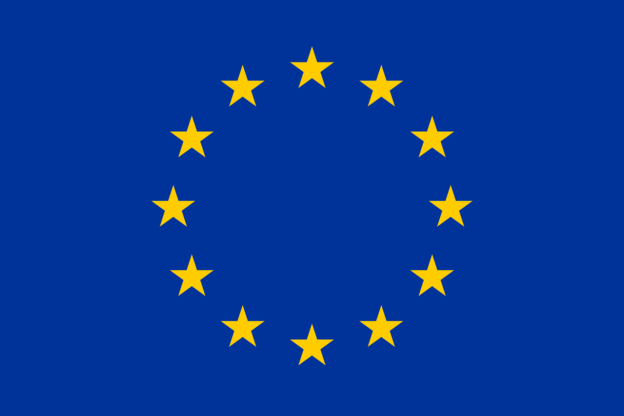by Dimana Todorova
The European Blocking Regulation (EC) 2271/96 of 22 November 1996 protecting against the effects of the extraterritorial application of legislation adopted by a third country (“Blocking Statute“), recently amended, prohibits European operators, without authorization, to comply with US sanctions against Iran and Cuba, as listed in its Annex. The purpose of the regulation is to limit the extraterritorial impact of US sanctions, and for this purpose it provides for the possibility of sanctioning European companies that violate its provisions. As sanctions fall within the competence of each Member State, it is up to the latter to adopt the relevant national regulations and to apply the blocking law.
Thus, Belgium has just inserted in the law bearing financial provisions of 2 May 2019, and published on 21 May 2019 in the Moniteur belge, a Title VII which implements Regulation 2271/96.
The law provides that the Federal Public Service for Foreign Affairs will be the competent authority:
- to transmit information pursuant to the information obligation to the European Commission provided for in Article 2 (3), and
- for the sharing of information between Member States and the Commission provided for in Article 10 of Regulation 2271/96.
The General treasury administration of the Finance Federal Public Service and the Economy Federal Public Service are the competent authorities to ensure compliance with the obligations provided for by the European Blocking Statute. These clarifications do not prejudice the powers granted to other administrations and institutions, in particular the powers of officers and agents of the judicial or administrative police and of the General Administration of Customs and Excise of the Finance Federal Public Service.
When the supervisory authorities find an infringement of the obligations laid down in Article 2 (1) and (2) (notification obligation) and Article 5 (obligation not to comply) of Regulation No 2271/96, they may impose an administrative fine to the offender(s). The administrative fine amounts, for the same fact or for the same combination of facts, to:
- minimum 10,000 euros and maximum 10% of the net annual turnover of the previous financial year, if it is a legal person; or
- minimum 250 euros and maximum 5 000 000 euros, if it is a natural person.
The amount of the administrative fine shall be determined taking into account all the relevant circumstances, and in particular:
- the gravity and duration of the offenses;
- the degree of responsibility of the person concerned;
- the financial capacity of the person in question;
- any benefits or profits derived from the infringements, to the extent that they can be determined;
- any damage suffered by third parties as a result of these offenses, to the extent that it can be determined;
- the degree of cooperation of the person(s) concerned with the competent authorities;
- any previous offenses committed by the person in question.
The law guarantees minimum procedural rights for the parties as it provides that the administrative fine is imposed after having heard or at least duly summoned the natural or legal person in question.
Lastly, the law also modified the existing criminal sanctions provided for by the law of 3 May 2003 on the implementation of the restrictive measures adopted by the Council of the European Union against States, certain persons and entities in case of infringements of the European regulations on restrictive measures. From now on, a paragraph is inserted which also provides for the possibility of imposing administrative fines for “infringements of the measures contained in the regulations adopted by the European Union or in the decisions taken pursuant to those regulations under Articles 75, 215 and 352 of the Treaty on the Functioning of the European Union may be punished by an administrative fine of 250 to 2,500,000 euros by the competent minister“.
***
The DS Customs & Trade team is at your disposal to provide you with any additional information.
CONTACT US :

